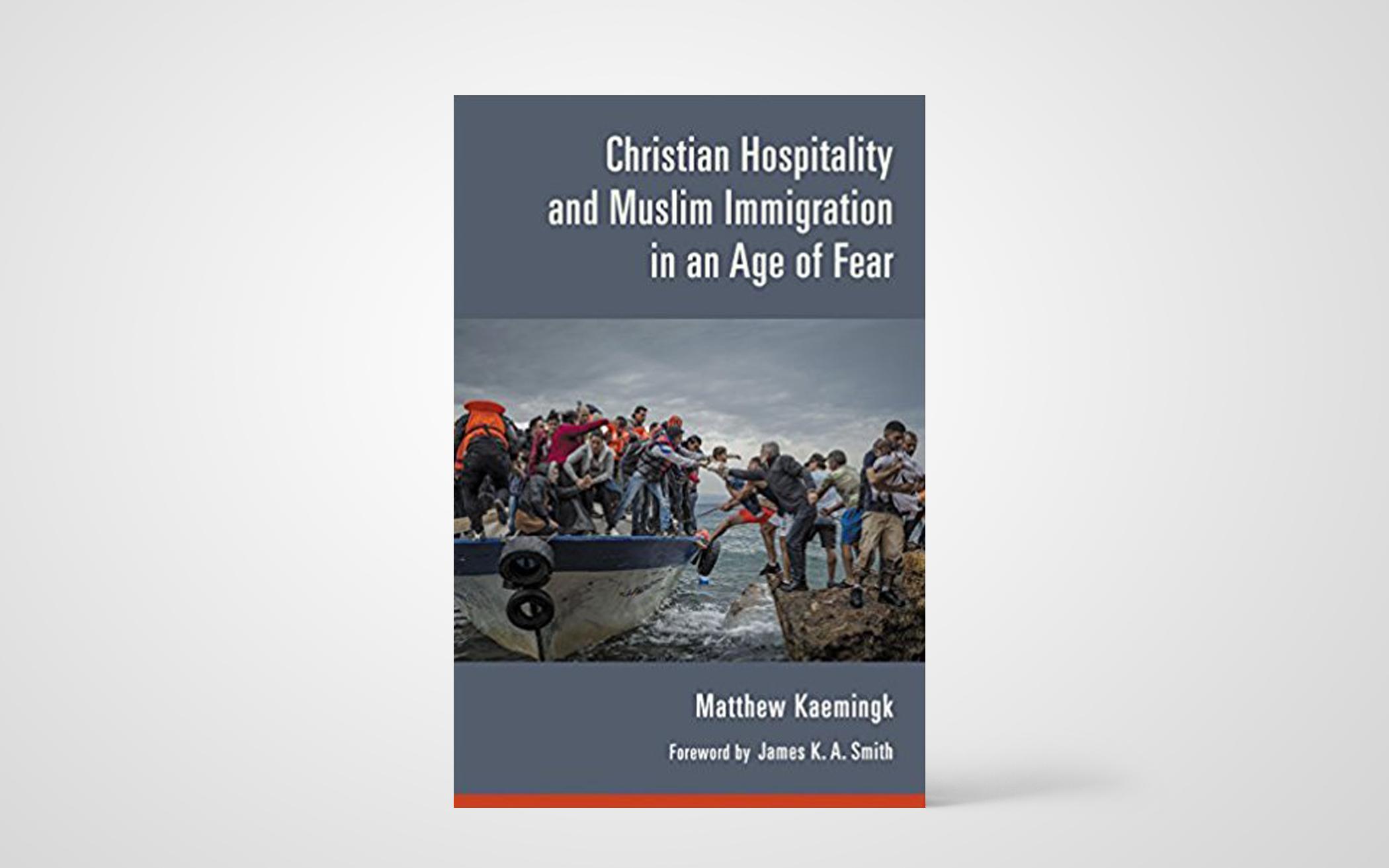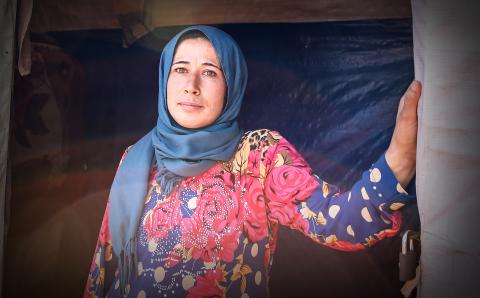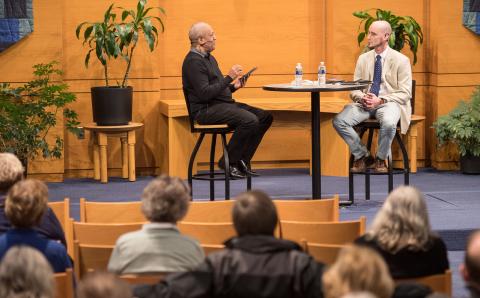Muslim immigration to countries in Europe and North America over the past several decades has pushed Christians in those regions to consider how to receive these newcomers. These considerations are not just religious but also personal, cultural, and political. Where might a mosque be built? How do we respond to violence committed by Muslims, and how do we respond to violence committed against Muslims? What about women who wear headscarves, or what about prayer from different religious traditions in public venues? How should we advocate when it comes to immigration policies?
The conversation quickly becomes divided along political lines, and progress toward answers is difficult. This is why Matthew Kaemingk’s book Christian Hospitality and Muslim Immigration in an Age of Fear comes as a breath of fresh air. Kaemingk, a Christian Reformed minister and a dean and professor at Fuller Theological Seminary, roots the conversation theologically.
This theology has great practical and political implications for how Christians respond to Muslim immigration, but the theological root of the conversation encourages our primary allegiance to Jesus and not to any political party or perspective. Instead of advocating complete, fear-motivated rejection of Muslim immigrants or blind acceptance of the values of Muslim culture in the name of tolerance, the book offers a more nuanced third way.
Kaemingk finds valuable resources in the Reformed theology of Dutch scholars, including Abraham Kuyper. From this tradition, he advocates an approach of Christian pluralism. This approach, guided by a firm commitment to Jesus Christ alone as Lord, motivates the Christian to act hospitably toward all neighbors, both fellow Christians and those of other religions. We seek the welfare of our Muslim neighbor not because all religions are the same, but because Jesus Christ alone is Lord, and he calls his followers to lives of love and service. Kaemingk helpfully explores Kuyper’s late-19th-century context and the contemporary Dutch context before offering applications for our present North American context.
The two congregations I have served as a minister, together with many other congregations, have engaged questions of hospitality to Muslims practically by partnering with agencies such as Bethany Christian Services to welcome refugees, many of whom are Muslim. That practical engagement pairs well with the intellectual engagement of this book as the church seeks to follow Jesus Christ in a multifaith world. (Eerdmans)
About the Author
Rebecca Jordan Heys is the minister of discipleship at Calvin Christian Reformed Church in Grand Rapids, Mich.








